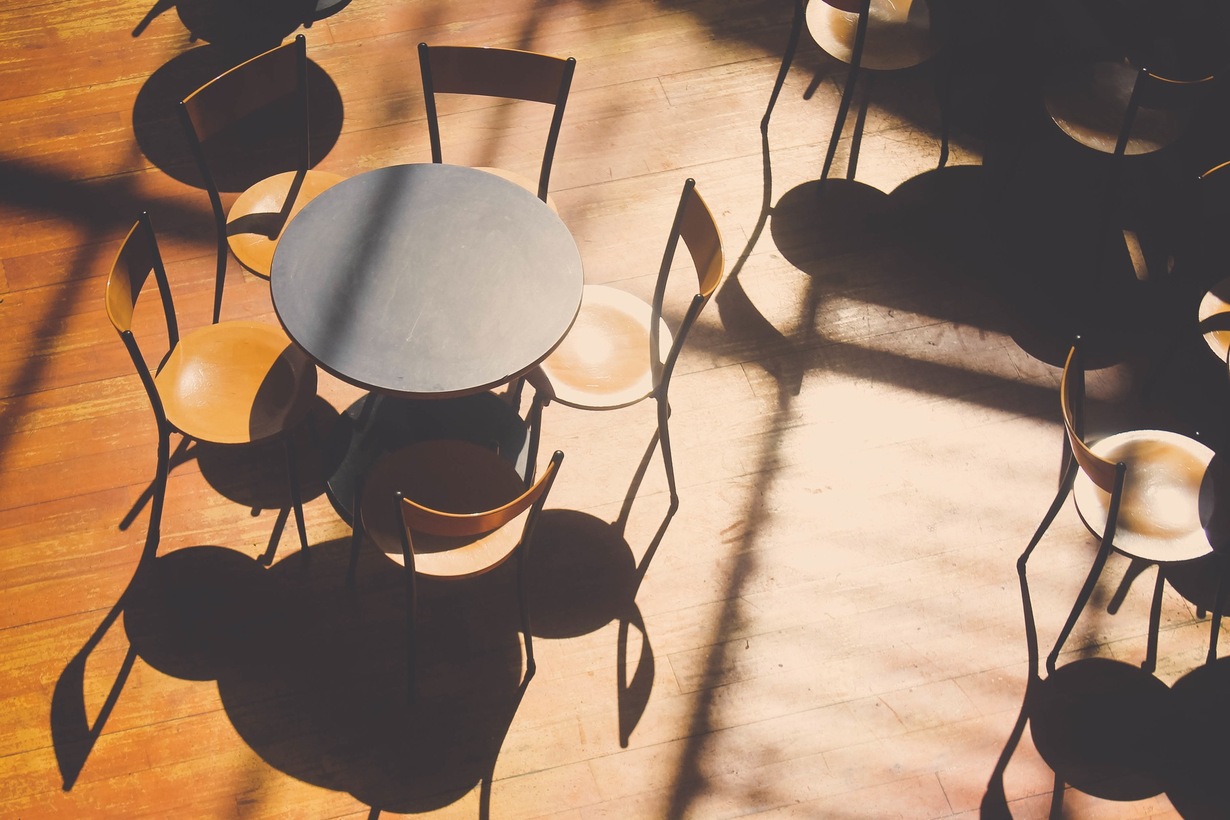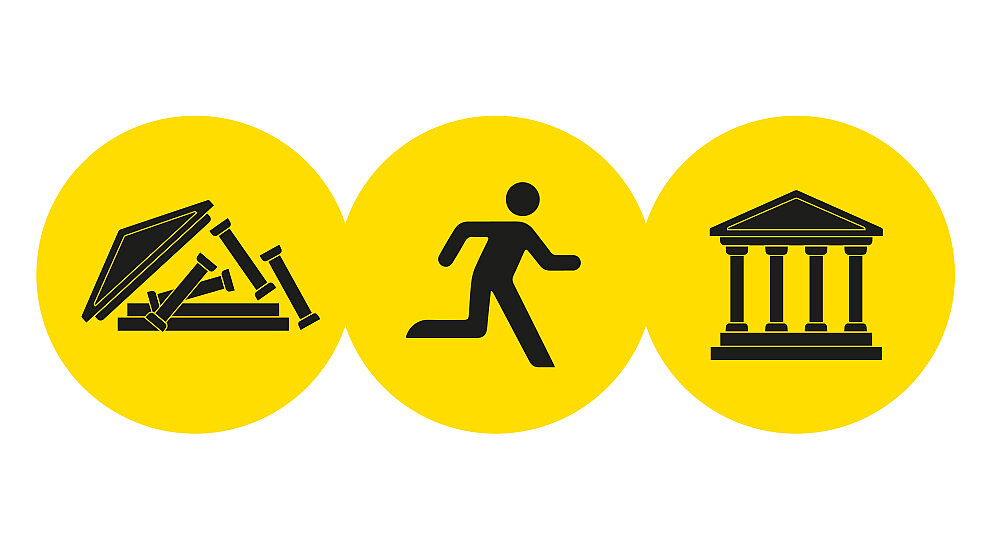Threatened Researchers
KIT offers various information for refugees and migrants and supports threatened researchers in resuming their research activities that were interrupted, e.g. due to persecution or flight, and in developing new prospects for themselves and their families. A good professional fit with the host institute or research group and funding either through a position or a scholarship are important for admission to KIT.
KIT is a member of the Scholars at Risk Global Network (SAR) and a founding member of the SAR Germany Section, where it is represented on the steering committee.
Since 2016, KIT has hosted scholarship holders in the Philipp Schwartz Initiative (PSI) of the Alexander von Humboldt Foundation.

World Science Café

Networks & Programs

Philipp Schwartz - Initiative
